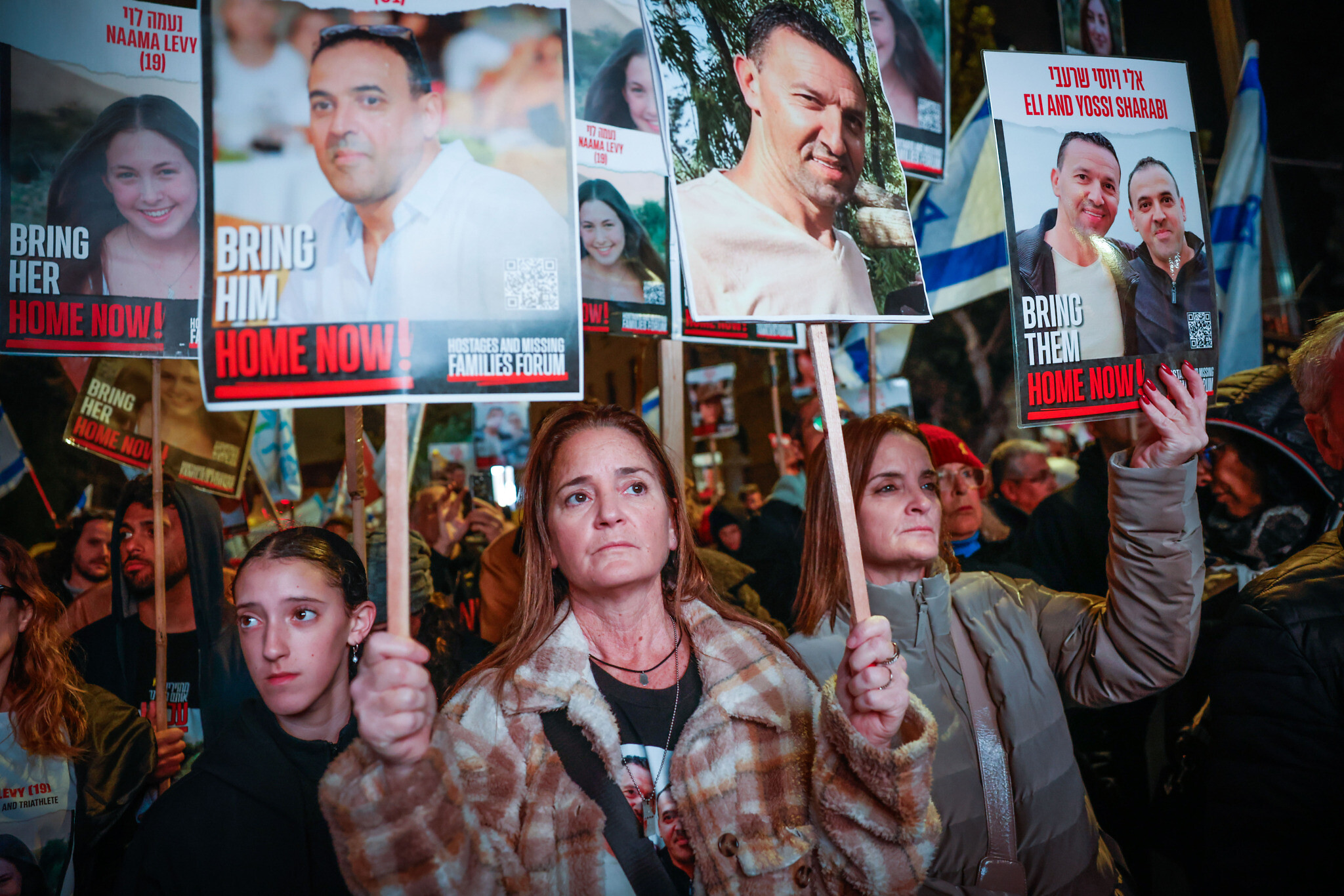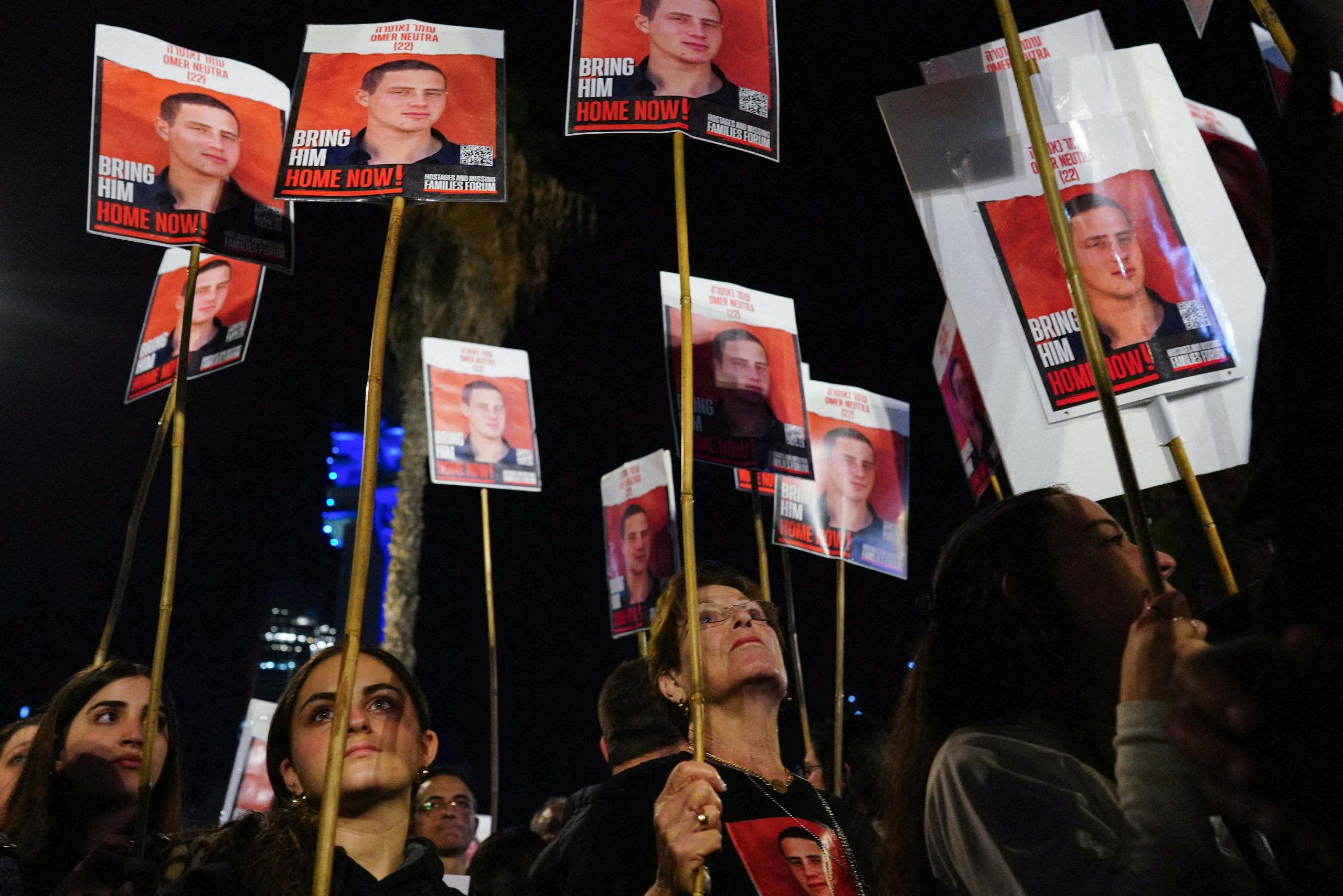The article delves into the personal stories of individuals affected by the conflict between Israel and Hamas, focusing on the experiences of Shay Benjamin, Omer Shem Tov, and Naama Levy, who were among the 253 Israelis and foreigners captured in Hamas attacks on October 7.
Shay Benjamin recounts her father Ron’s disappearance while on a bicycle ride near the Gaza border, prompting her to file a missing person report upon returning from a vacation. She struggles with the absence of her father, worrying about his well-being and assuming the role of the family’s caretaker.
Similarly, Omer Shem Tov’s family experiences the anguish of not knowing his whereabouts after he attended an open-air music festival in the Negev Desert. Despite initial reassurances from Omer, his family loses contact with him as he heads towards Gaza. The uncertainty and fear intensify as they receive distressing information, culminating in confirmation from the Israel Defense Forces (IDF) that Omer has been kidnapped.

Hamas Hostages’ Relatives Revisit Trauma of October 7: ‘We Refused to Accept It’ (Credits: The Times Of Israel)
Naama Levy’s abduction, captured in a harrowing video, shocks her family and underscores the brutal realities faced by hostages. Naama, described as determined and compassionate, had been part of peace initiatives and harbored dreams of becoming a diplomat. Her family grapples with the ongoing nightmare of her disappearance, clinging to hope for her safe return while enduring the anguish of uncertainty.
The families of the hostages navigate each day with a sense of dread and hope, marked by a calendar counting the days of absence. Despite efforts to cope and remain resilient, the emotional toll weighs heavily on them. Shay Benjamin reflects this sentiment, acknowledging the struggle of living day-to-day without resolution or closure.
The article also highlights diplomatic efforts to broker a truce and secure the release of hostages, with U.S. Secretary of State Antony Blinken noting progress in negotiations. However, previous hopes for a ceasefire and prisoner release have been dashed, leaving families disillusioned and desperate for tangible outcomes.
As the hostages’ families await news of potential agreements, they continue to grapple with the trauma and uncertainty of their loved ones’ captivity. Their resilience in the face of adversity is a testament to the human cost of conflict and the enduring hope for reconciliation and peace in the region.























